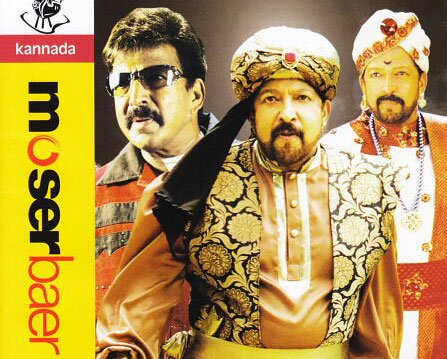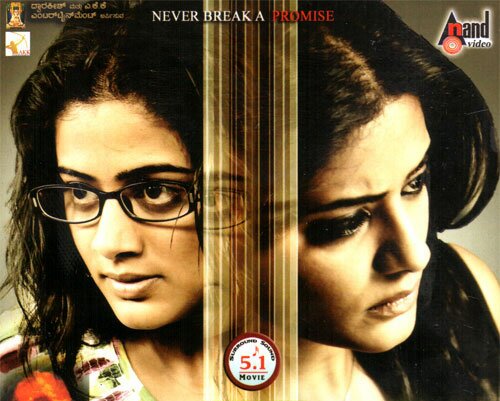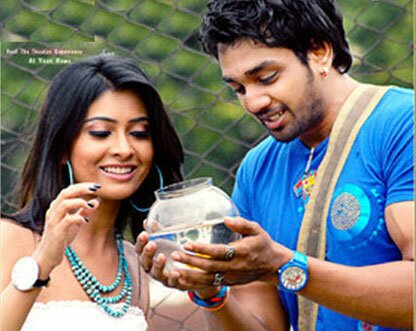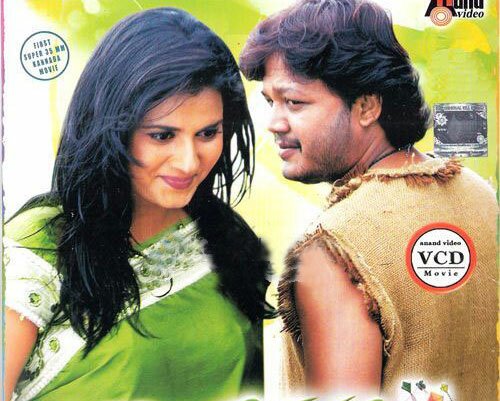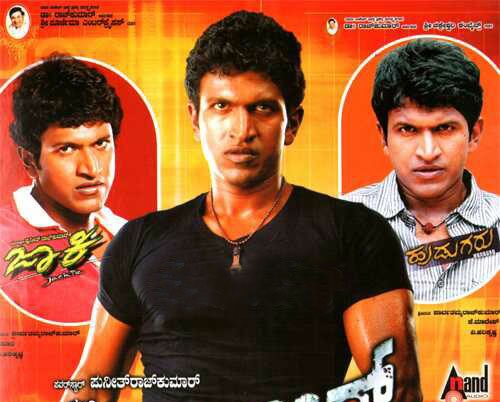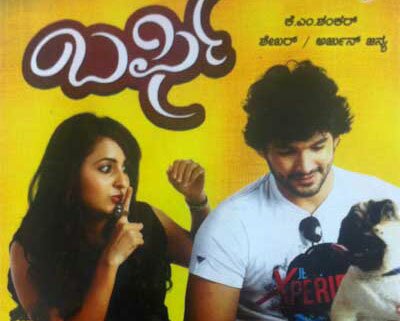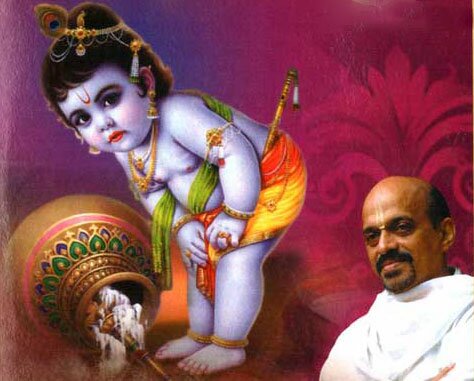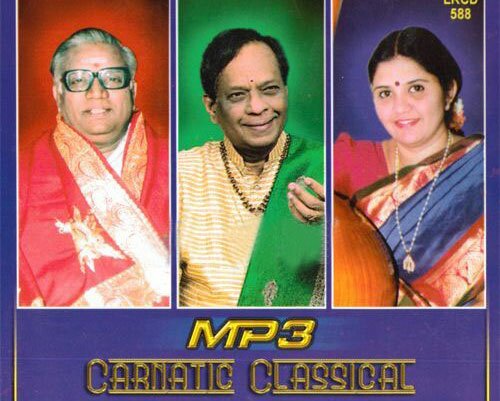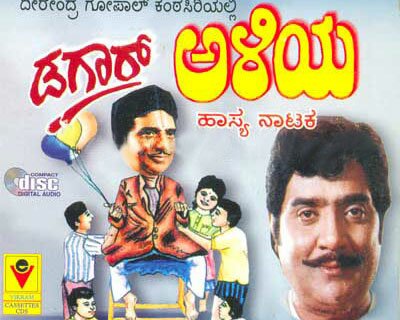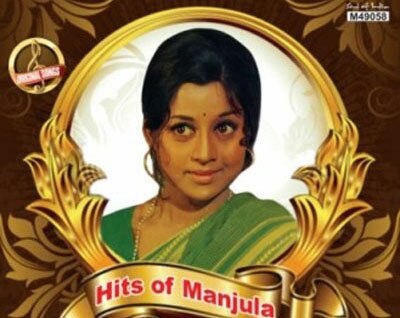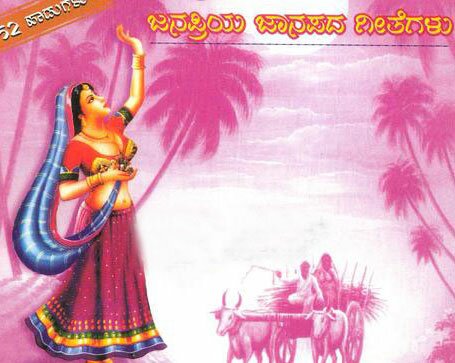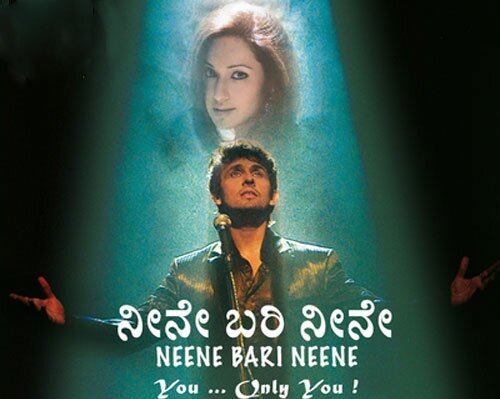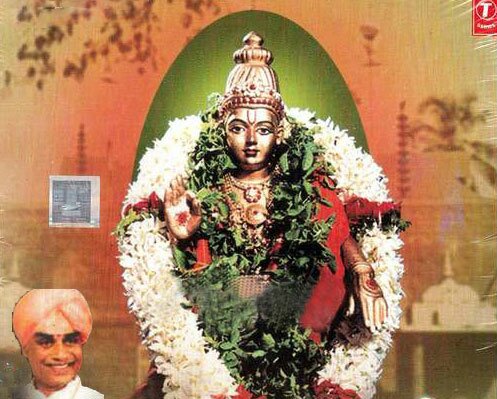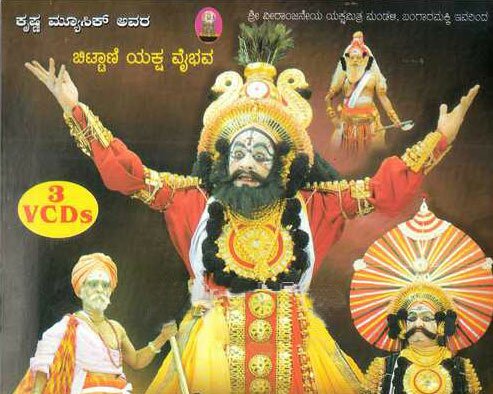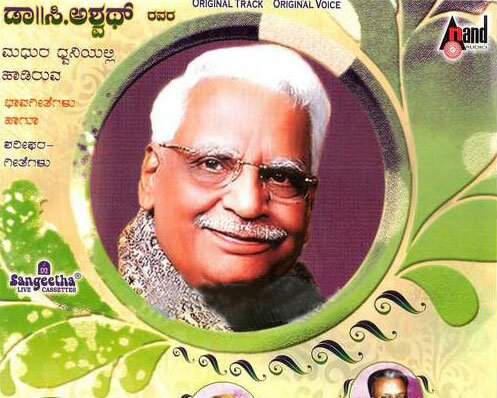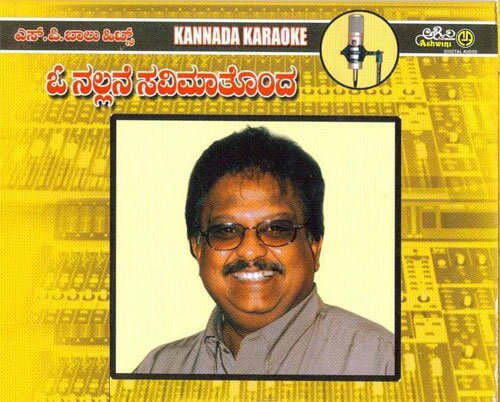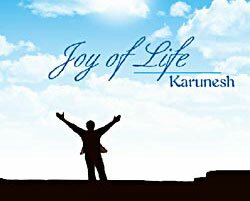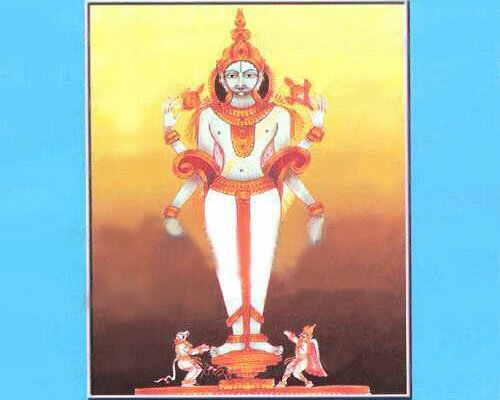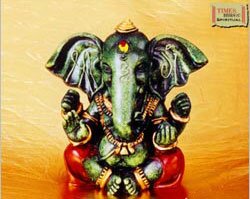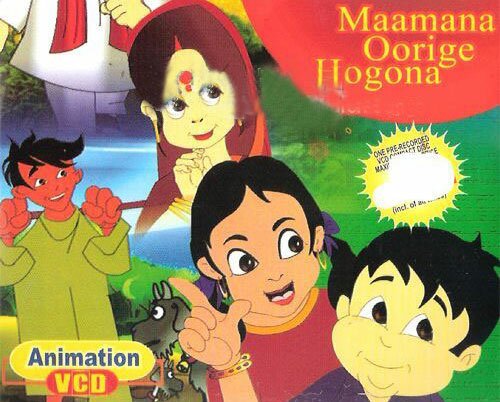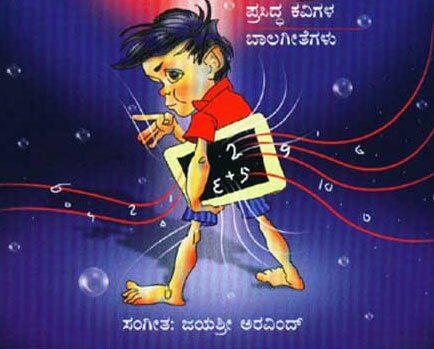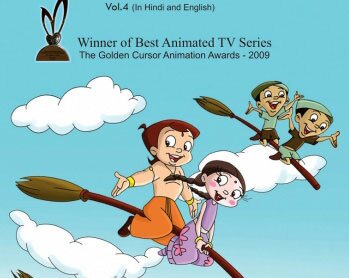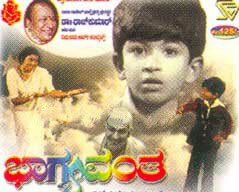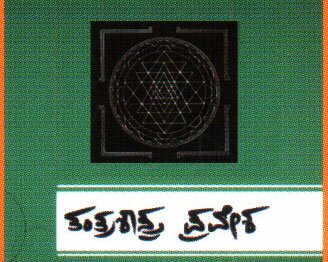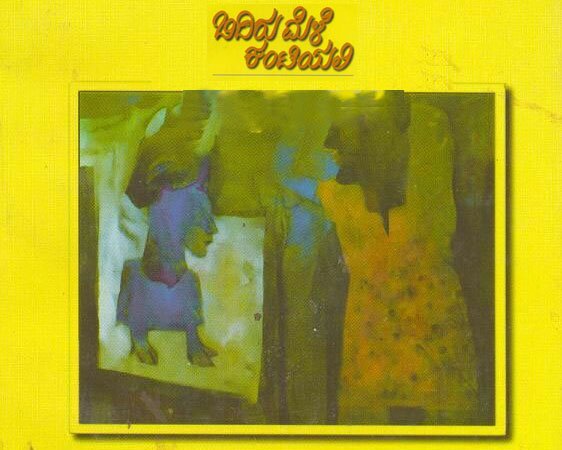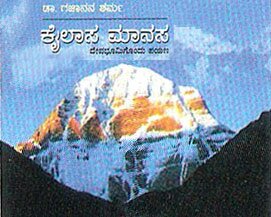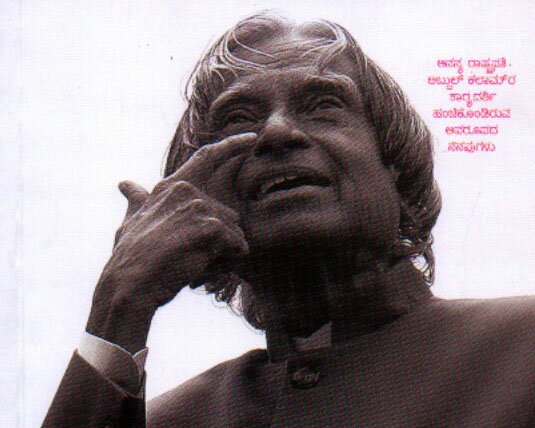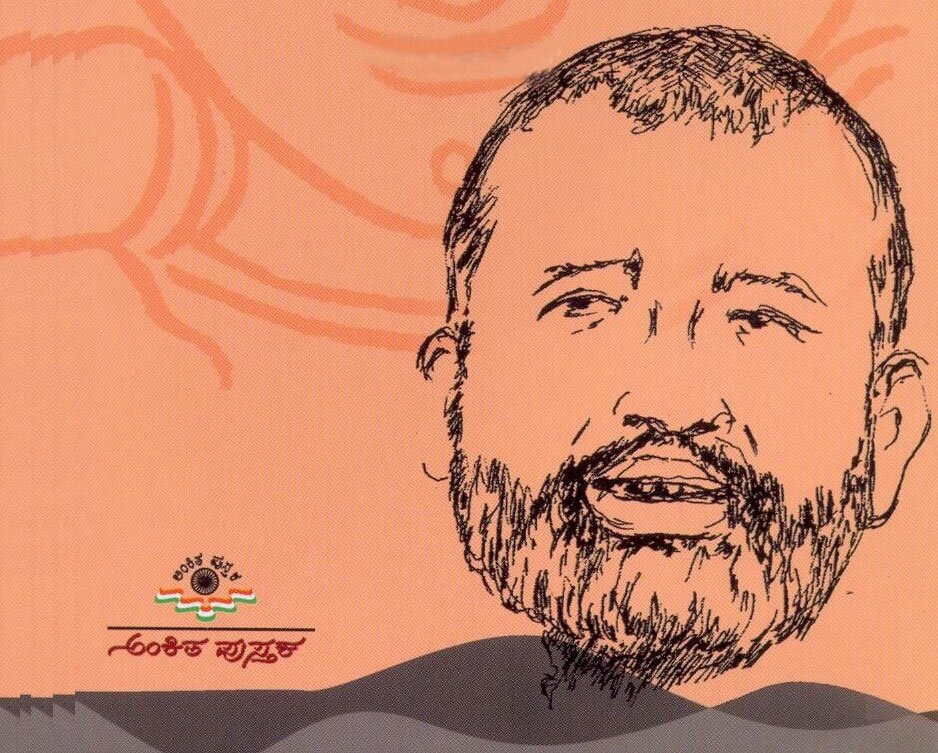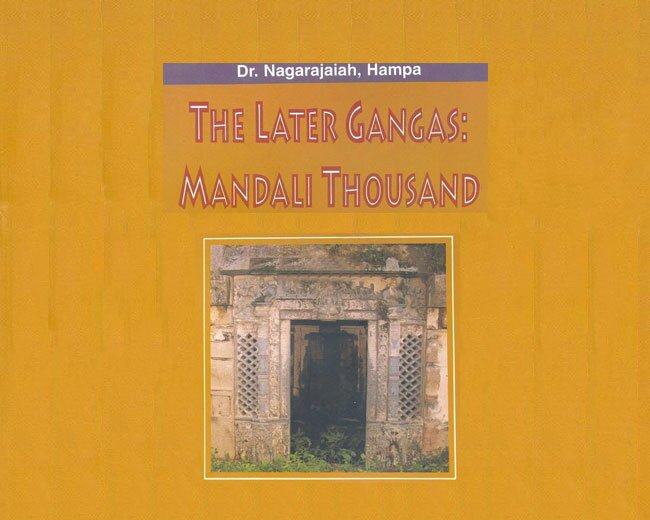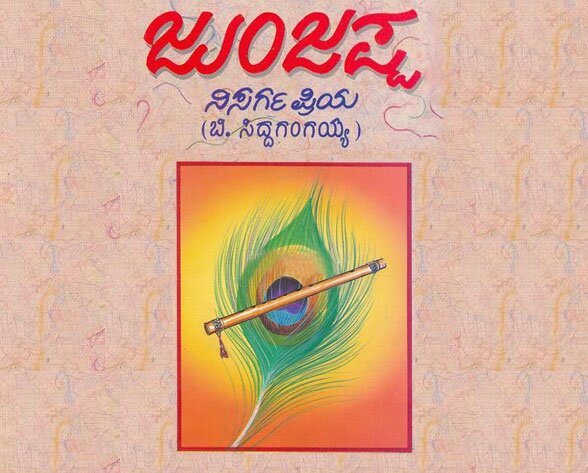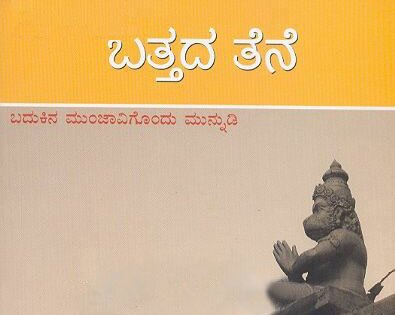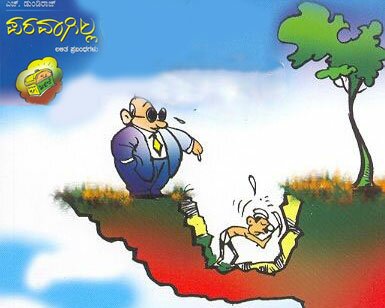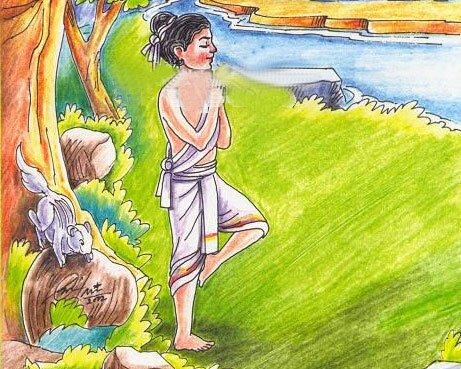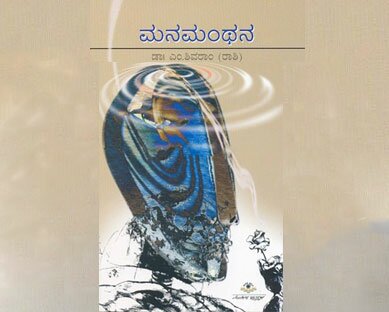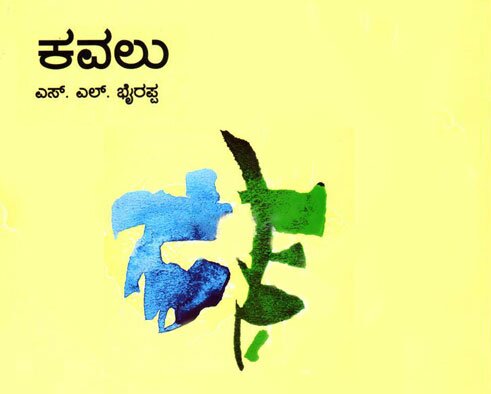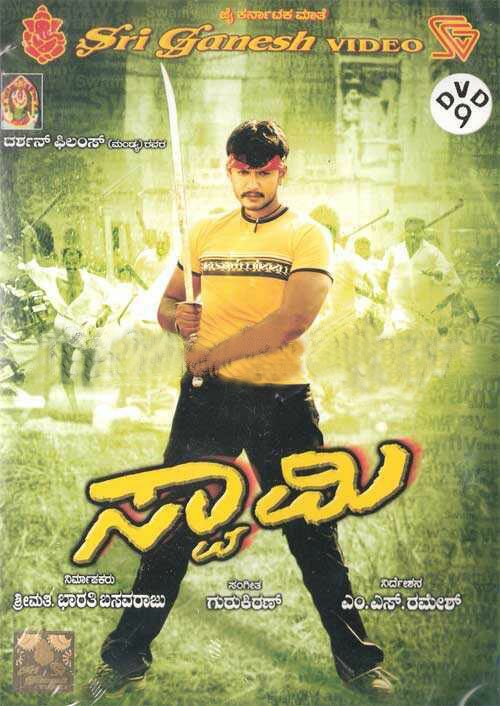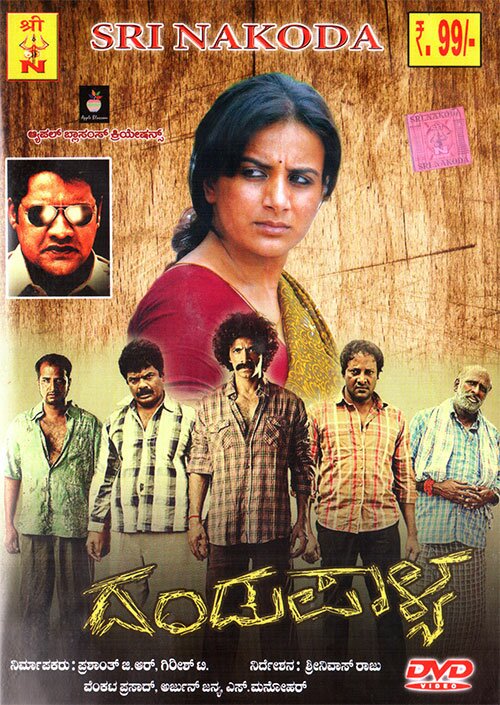 99.00
99.00
Swamy - 2005 DVD
[0]
Date Added: Friday 27 February, 2015
by Douglas DB
Swamy
Starring: Darshan, Gayatri Jayaram, Avinash, Shobharaj, Rangayana Raghu, Jai Jagadeesh, Bharat Bhagavathar,
Ashok, Sadhu Kokila, Nagashekar, Sriraksha
Director: M.S. Ramesh
Producer: Bharati Basavaraju
Music Dir: Gurukiran
Lyricist: Kaviraj , V. Nagendra Prasad, Bhangi Ranga,
Singers: Rajesh Krishnan, Usha Uthup, H.G. Chaitra, Gururaj Hoskote, Udit Narayan, Usha Uthup, Shreya Ghoshal,
Malathi, S.P. Balasubrahmanyam
Distributor: Sri Ganesh
Genre: Action, Drama, Romance
Synopsis
The bad guy in this film is Desai (Avinash), who, with his two sons and many rowdies, controls Hubli, the area where he lives, including the Police, to whom he pays bribes so that he can carry on all his illegal activities. First we see him murder one of his men for not obeying orders, then he kills the DCP who tries to arrest him. Then he has his son, Arvind kidnap the wife of an engineer who will not pass all the bills for work by Desai’s Contractor, because not all the work has been done as specified. Swamy (Darshan) rescues the wife, and is paid for he rescue by the engineer. In the first song, “Gaali Bandaaga”, he states who he is – he is someone who helps people in trouble, and who will kill criminals. He’s on the side of righteousness. He is a self-confessed rowdy, but he does things to help the good, against the criminals, but always for money.
At this point we see an office called “Helpline” where the boss (Sadhu Kokila) gives crazy and usually illegal advice to his clients. We see this several times throughout the film, giving comic relief to the serious nature of the story.
Swamy is friendly with a young lad who runs a tea-stall, and when the lad’s mother is refused some necessary treatment at a Government Hospital, when she is in labour, he reads the riot act with the nurse and doctor concerned, and is arrested. This attracts the attention of Aishwarya or Aishu (Gayathri Jayaram), a TV reporter, with her cameraman, who has just been filming an area where illicit liquor is made, under the auspices of Desai, and with the co-operation of the Police in return for monthly bribes. The new Excise Officer, who is the brother of Aishu, has the police arrest all those making the illicit liquor, and clears the area, whereupon Desai has him kidnapped, and his wife then gets Swamy to rescue him. Aishu sees more of Swamy, and comes to realise he is a good man. He goes for an interview following doing an IPS exam. Swamy and Aishu fall in love. Then Swamy becomes an ACP, and has the backing of the law to tackle the criminals. He starts to reform his department, and Bullappa (Rangayana Raghu), who was previously in charge, stops taking bribes and becomes honest. His aim is to reform people if it is possible. Will Swamy be able to clean up the crime in the area, and will his romance succeed? Watch the film to find out.
Songs:
1. Dikkettu Ninthaga
2. O Jaaneman Le Mera Tan
3. Gali Bandaga
4. Kannina Minchina
5. Jhum Antha Jaruvaba
Released Year: 2005
Running Time: 149 minutes/Colour/Kannada
Review
The synopses available on Internet are a little confusing, as they say that Swamy was a “rowdy”, in other words a villain, in the first half of the film. Then he seems to have completely changed character, and become a Police ACP. How is this possible? Swamy says himself that he is a rowdy, but the first song explains that he helps people in trouble, he kills criminals, he’s on the side of righteousness and he helps good people against the criminals. So the only real change is that in the second half of the film, he can do legally what he previously did without the backing of the law. So for a critic to say, “There is no logic throughout but only Darshan magic”, shows a misunderstanding of the film – because there is logic throughout.
There is only one thing I found confusing in the film, and then I put it down to faulty editing. After Aishu’s brother sees her in a coffee-bar, there is a scene
(b) where Swamy asks for Aishu’s hand in marriage, and is refused. There then follows a similar scene,
(c) in different surroundings, where Aishu’s brother is not wearing glasses, Aishu’s hair-style is different, but Aishu’s sister-in-law looks the same, and at the end of the scene she hands him money. In this scene, Aishu and her sister-in-law are wearing the same clothes as in
(a) an earlier scene where Swamy brought back Aishu’s brother after the kidnap rescue.
So I can only conclude that the scene (c) is the continuation of scene (a), and the money Aishu’s sister-in-law gives Swamy in scene (c) is for the rescue of her husband from Desai.
Scene (a) is interrupted by a long sequence of scenes in which Aishu remembers her first meeting with Swamy, in the bus-station, where she realised that he was a good man, because of his kindness to others, continuing with an auto-rickshaw ride to where he was going to stay with friends, to do his IPS exams, and followed by his meeting Aishu in his house, and in her house (they had both become neighbours).
Songs:
“Dikkettu Ninthaga” features Swamy and a large group of dancers – I have described the lyrics in the synopsis. “O Jaaneman Le Mera Tan” is an item song. The rest of the songs are love songs, featuring Swamy and Aishu. “Gali Bandaga” is filmed in Göreme in Turkey, where there is a curious and spectacular rock formation by the sea. “Kannina Minchina” is sung in the rolling hills of Karnataka. “Jhum Antha Jaruva Ba” is filmed in Istanbul, showing the beauty of the town from a high vantagepoint, and from street level, and also in the park, where there is a magnificent floral display. The melodies of all the songs are very tuneful, and the lyrics are good.
4 stars
Rating: [4 of 5 Stars!]
[4 of 5 Stars!]
Starring: Darshan, Gayatri Jayaram, Avinash, Shobharaj, Rangayana Raghu, Jai Jagadeesh, Bharat Bhagavathar,
Ashok, Sadhu Kokila, Nagashekar, Sriraksha
Director: M.S. Ramesh
Producer: Bharati Basavaraju
Music Dir: Gurukiran
Lyricist: Kaviraj , V. Nagendra Prasad, Bhangi Ranga,
Singers: Rajesh Krishnan, Usha Uthup, H.G. Chaitra, Gururaj Hoskote, Udit Narayan, Usha Uthup, Shreya Ghoshal,
Malathi, S.P. Balasubrahmanyam
Distributor: Sri Ganesh
Genre: Action, Drama, Romance
Synopsis
The bad guy in this film is Desai (Avinash), who, with his two sons and many rowdies, controls Hubli, the area where he lives, including the Police, to whom he pays bribes so that he can carry on all his illegal activities. First we see him murder one of his men for not obeying orders, then he kills the DCP who tries to arrest him. Then he has his son, Arvind kidnap the wife of an engineer who will not pass all the bills for work by Desai’s Contractor, because not all the work has been done as specified. Swamy (Darshan) rescues the wife, and is paid for he rescue by the engineer. In the first song, “Gaali Bandaaga”, he states who he is – he is someone who helps people in trouble, and who will kill criminals. He’s on the side of righteousness. He is a self-confessed rowdy, but he does things to help the good, against the criminals, but always for money.
At this point we see an office called “Helpline” where the boss (Sadhu Kokila) gives crazy and usually illegal advice to his clients. We see this several times throughout the film, giving comic relief to the serious nature of the story.
Swamy is friendly with a young lad who runs a tea-stall, and when the lad’s mother is refused some necessary treatment at a Government Hospital, when she is in labour, he reads the riot act with the nurse and doctor concerned, and is arrested. This attracts the attention of Aishwarya or Aishu (Gayathri Jayaram), a TV reporter, with her cameraman, who has just been filming an area where illicit liquor is made, under the auspices of Desai, and with the co-operation of the Police in return for monthly bribes. The new Excise Officer, who is the brother of Aishu, has the police arrest all those making the illicit liquor, and clears the area, whereupon Desai has him kidnapped, and his wife then gets Swamy to rescue him. Aishu sees more of Swamy, and comes to realise he is a good man. He goes for an interview following doing an IPS exam. Swamy and Aishu fall in love. Then Swamy becomes an ACP, and has the backing of the law to tackle the criminals. He starts to reform his department, and Bullappa (Rangayana Raghu), who was previously in charge, stops taking bribes and becomes honest. His aim is to reform people if it is possible. Will Swamy be able to clean up the crime in the area, and will his romance succeed? Watch the film to find out.
Songs:
1. Dikkettu Ninthaga
2. O Jaaneman Le Mera Tan
3. Gali Bandaga
4. Kannina Minchina
5. Jhum Antha Jaruvaba
Released Year: 2005
Running Time: 149 minutes/Colour/Kannada
Review
The synopses available on Internet are a little confusing, as they say that Swamy was a “rowdy”, in other words a villain, in the first half of the film. Then he seems to have completely changed character, and become a Police ACP. How is this possible? Swamy says himself that he is a rowdy, but the first song explains that he helps people in trouble, he kills criminals, he’s on the side of righteousness and he helps good people against the criminals. So the only real change is that in the second half of the film, he can do legally what he previously did without the backing of the law. So for a critic to say, “There is no logic throughout but only Darshan magic”, shows a misunderstanding of the film – because there is logic throughout.
There is only one thing I found confusing in the film, and then I put it down to faulty editing. After Aishu’s brother sees her in a coffee-bar, there is a scene
(b) where Swamy asks for Aishu’s hand in marriage, and is refused. There then follows a similar scene,
(c) in different surroundings, where Aishu’s brother is not wearing glasses, Aishu’s hair-style is different, but Aishu’s sister-in-law looks the same, and at the end of the scene she hands him money. In this scene, Aishu and her sister-in-law are wearing the same clothes as in
(a) an earlier scene where Swamy brought back Aishu’s brother after the kidnap rescue.
So I can only conclude that the scene (c) is the continuation of scene (a), and the money Aishu’s sister-in-law gives Swamy in scene (c) is for the rescue of her husband from Desai.
Scene (a) is interrupted by a long sequence of scenes in which Aishu remembers her first meeting with Swamy, in the bus-station, where she realised that he was a good man, because of his kindness to others, continuing with an auto-rickshaw ride to where he was going to stay with friends, to do his IPS exams, and followed by his meeting Aishu in his house, and in her house (they had both become neighbours).
Songs:
“Dikkettu Ninthaga” features Swamy and a large group of dancers – I have described the lyrics in the synopsis. “O Jaaneman Le Mera Tan” is an item song. The rest of the songs are love songs, featuring Swamy and Aishu. “Gali Bandaga” is filmed in Göreme in Turkey, where there is a curious and spectacular rock formation by the sea. “Kannina Minchina” is sung in the rolling hills of Karnataka. “Jhum Antha Jaruva Ba” is filmed in Istanbul, showing the beauty of the town from a high vantagepoint, and from street level, and also in the park, where there is a magnificent floral display. The melodies of all the songs are very tuneful, and the lyrics are good.
4 stars
Rating:
Shop By Price
Manufacturers
Our Promise
- Free Shipping Above Rs 299
- Brand New & Sealed
- Genuine Products
- Easy Return Policy
- Safe & Secure Shopping
- Quick Customer Support
0 items
Manufacturer Info
| - | Other products |
Products
Products
 FREE
FREESHIPPING ON
ORDERS ABOVE 299
SHIPPING PARTNER




100%
GENUINE & SEALED
PRODUCTS
GENUINE & SEALED
PRODUCTS
 100%
100%SAFE & SECURE
SHOPPING
Zune Kart is committed in providing each customer with the highest standard of customer service and best online shopping experience.
Make up your mind on a product & we deliver it right at your address across globe. Just pay for the product, we ensure Free Shipping all time.
All products sold are Original & Company Sealed, manufactured by the authorised copyright holder of the respective titles.
We do not open and test them individually, guarantee (if any) is given by manufacturing company.
Online Shopping destination for Indian books, movies, music at Zune Kart.
If you find an item you are looking is unavailable or not listed in our catalogue, just e-mail us your requests and we will try to source it for you.
Make up your mind on a product & we deliver it right at your address across globe. Just pay for the product, we ensure Free Shipping all time.
All products sold are Original & Company Sealed, manufactured by the authorised copyright holder of the respective titles.
We do not open and test them individually, guarantee (if any) is given by manufacturing company.
Online Shopping destination for Indian books, movies, music at Zune Kart.
If you find an item you are looking is unavailable or not listed in our catalogue, just e-mail us your requests and we will try to source it for you.

Copyright © 2016 Zune Kart. All Rights Reserved |Privacy Policy

